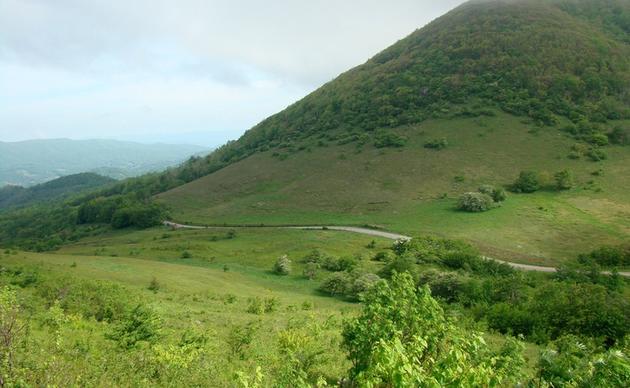Bald Head - Smith Island IBA
Bald Head-Smith Island IBA consists of a chain of habitat rich barrier islands located at the mouth of the Cape Fear River in Brunswick County, North Carolina. Of the 12,400 acres that compose Bald Head-Smith Island IBA,10,000 are protected. Specifically, these habitats provide excellent nesting, wading, and migrating grounds for birds.
Bald Head-Smith Island has been visited by 210 species of birds to date and is a part of the Southport Christmas Bird Count. The marshes provide feeding and wading grounds for Saltmarsh Sparrows, Nelson’s Sparrows, Seaside Sparrows, Clapper Rails, Great Egrets, Great Blue Herons, and White Ibis. Raptors, especially Peregrine Falcons, Merlins, American Kestrels, and Sharp-shinned Hawks are regular visitors during migration. Wilson’s Plovers, Least Terns, Black Skimmers, and Willets nest on Bald Head’s South and East Beaches. At the “Point,” where South and East Beach meet, a small area of beach face that reaches the dune line is roped off from public access from April to September to allow for nesting.
Additionally, Bald Head- Smith Island IBA has also been designated a globally significant population for Painted Buntings, which can be heard chirping during the summer season in the maritime forest on Middle Island. Additionally, this IBA supports the largest population of wintering American Oystercatchers in the state, at around 400. In the summer months, over 20 pairs nest on Shellbed Island’s shell rakes.
Help preserve the beauty and resources of these important places for North Carolina birds. Donate today to "Give the Birds One More Day, Help Protect an IBA" that works to conduct compelling research, form collaborations with land trusts and other non-profit organizations, and actively protect Important Bird Areas throughout North Carolina.
Learn more about this rich coastal habitat on our blog:
How you can help, right now
Donate to Audubon
Help secure the future for birds at risk from climate change, habitat loss and other threats. Your support will power our science, education, advocacy and on-the-ground conservation efforts.
Sign Up For Our eNewsletter
Keep up-to-date on all that happens with Audubon North Carolina's research, events and volunteer opportunities.




